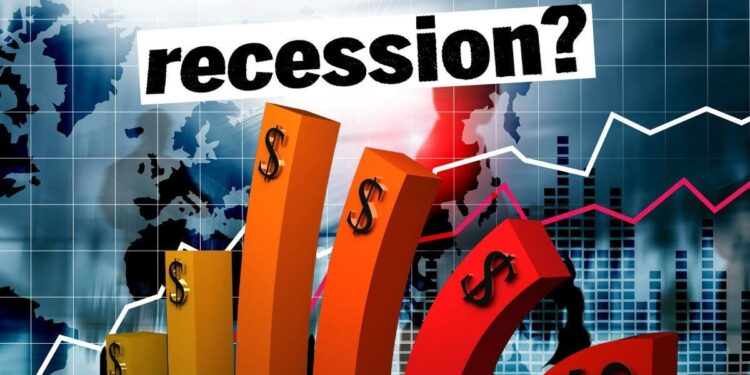In recent news, the UK economy has faced a significant challenge as it slipped into a recession during the final months of 2023. This downturn, confirmed by official figures, has raised concerns among citizens about its potential impact on their lives and finances. But what exactly is a recession, and how might it affect individuals? Let’s delve into these questions using Nigeria as a case study.
Understanding Recession
A recession occurs when a country’s Gross Domestic Product (GDP), the value of all goods and services produced, contracts for two consecutive quarters. Essentially, it means that the economy is shrinking instead of growing. In the UK, for example, the economy experienced a 0.3% decline between October and December 2023, following a 0.1% fall in the previous quarter, leading to a recession.
Impact on Individuals
1. Employment: One of the most immediate and noticeable effects of a recession is a rise in unemployment. When businesses struggle due to reduced consumer spending or other economic factors, they may lay off workers to cut costs. This could make it harder for individuals to find employment, especially recent graduates or school leavers entering the job market.
2. Income and Wages: During a recession, companies may freeze wages or reduce salaries to maintain profitability. Some individuals might even face pay cuts, making it challenging to keep up with rising living costs. Moreover, those reliant on bonuses or commission-based incomes may see a decline in their earnings.
3. Financial Stability: Individuals with investments or savings tied to the stock market may experience losses as market values decline during a recession. Additionally, people relying on fixed incomes, such as retirees or those receiving benefits, may struggle to cover essential expenses if the cost of living continues to rise.
4. Access to Credit: Banks and financial institutions may tighten lending criteria during a recession, making it harder for individuals to access credit for mortgages, personal loans, or business ventures. This can hinder financial mobility and restrict opportunities for investment or growth.
Recession Recovery Strategies
Governments and central banks often implement various measures to stimulate economic recovery during a recession. In Nigeria, for instance, the Central Bank might lower interest rates to encourage borrowing and spending, thereby boosting economic activity. Additionally, fiscal policies such as increased government spending on infrastructure projects or social welfare programs could provide relief to affected individuals and stimulate demand in the economy.
Bottom Line
While recessions can bring economic challenges and uncertainties, understanding their nature and potential impacts is crucial for individuals to navigate through difficult times. By staying informed and adopting prudent financial management strategies, individuals can better safeguard their livelihoods and weather the economic storm, both in Nigeria and globally.











